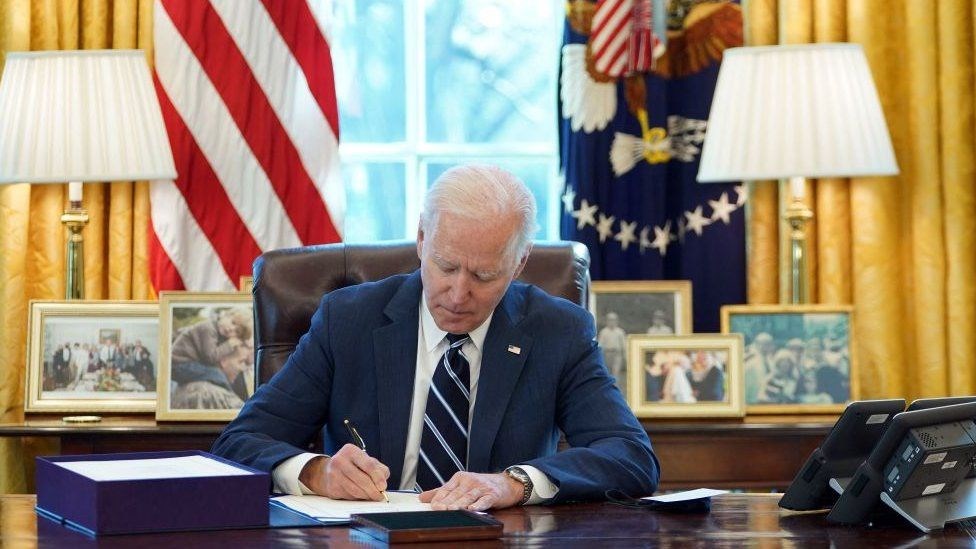
What does President Biden's Proposed Budget Mean for Affordable Housing?

Earlier this month, President Biden unveiled his $1.5 trillion partial budget for FY2022 that would raise discretionary spending $118 billion over last year's level. This "budget blueprint" (a high-level preview of the President's budget) includes increases in various domestic programs, including $68.7 billion for HUD, a $9 billion or 15% increase to HUD’s budget from FY 2021.
While the final iteration of this bill will likely go through changes as it passes through Congress, these proposed numbers signify a strong commitment to the vital affordable housing programs that impact neighborhoods around the country and serves as a hopeful starting point for lawmakers. With increases in housing assistance and investments in essential services, the budget outline gives us a look into the President's priorities and may act as a blueprint for the bill that will be signed into law later this year.
HUD Budget Highlights
- Increases HOME Investment Partnerships Program to $500 million for a total of $1.9 billion
- Increases Community Development Block Grants by $295 million
- Expands Housing Choice Vouchers to 200,000 additional families
- Increases Homeless Assistance Grants by $500 million to $3.5 billion
- Expands tribal housing resources from $747 million to $900 million
- Funds the operating costs across HUD’s assisted housing portfolio
- Provides $800 million in new investments across HUD programs for modernization and rehabilitation and provides energy efficiency upgrades
- Provides $180 million to support 2,000 units of new permanently affordable housing for the elderly and persons with disabilities
While the full budget is expected to be released later this month or early May, this proposal - championed by HUD Secretary Marcia Fudge - outlines expected significant increases in non-defense spending. With budget caps expiring at the end of FY21 this fall, this is the first time since 2011 that Congress will not be constrained by the across-the-board spending caps enacted over a decade ago to reduce the federal deficit.
The Biden Administration says that these domestic increases in the budget request was complimentary to the President's $2 trillion American Jobs Plan that focuses on significant infrastructure investments. Biden's infrastructure plan allocates $213 billion for housing and calls for the construction and rehabilitation of 500,000 homes.
Congress is expected to begin drafting spending bills in the coming weeks, with a deadline of Oct. 1, the beginning of fiscal year 2022.